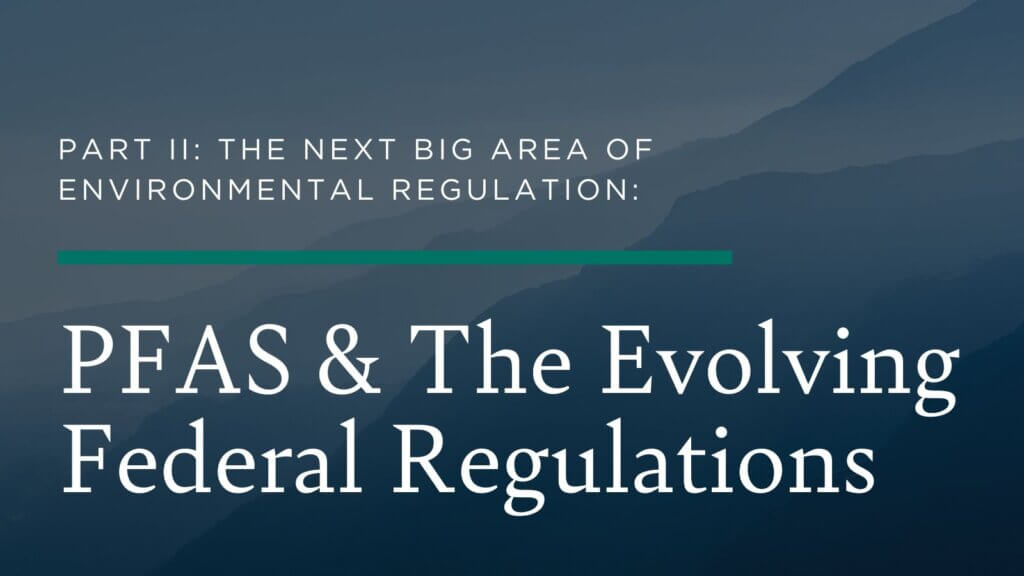Industry Overview
The real estate industry has witnessed significant transformation in both its daily business practices and financial underpinnings. Rapidly evolving consumer requirements and the arrival of “big data” to the sector are driving innovation in areas like home construction, retail development, and urban/suburban migration. Telecommuting and co-working are transforming workplaces, with implications that impact properties from languishing industrial spaces to technology-filled smart cities, introducing new legal hurdles to navigate and opportunities to explore.
Our Approach
Our ability to help our clients, local and national developers, landlords, retailers, portfolio managers, municipalities, and construction firms maintain full control over their real estate dealings, during any economic cycle has been demonstrated for more than 100 years. We offer proven legal counsel and strategic advice across all real estate transactions, development, permitting, leasing, and financing. We understand how to position our clients for the challenges and opportunities that lie ahead.
Newsroom
Using Contingencies and Termination Rights to Build Retail Leases
March 26, 2024Ideally, every retail lease strikes a reasonable balance between the interests of the landlord and the tenant and lays the groundwork for a mutually beneficial relationship. However, things do not always go according to plan. Economic realities change, businesses evolve, and forces outside of the parties’ control can make a productive lease relationship impracticable or impossible.
The Retail Pivot: Land Use Considerations Amidst Industry Transformation
March 26, 2024Contrary to popular belief, brick and mortar retail spaces are not dying, but they are changing, and the zoning implications are significant.In 2023, North American retail vacancy rates declined to record lows, and less than 50 million square feet of new space was delivered to the U.S. retail market. As a result, finding quality retail space for lease has become increasingly difficult, thereby forcing retailers to change how their businesses operate in their existing location.
Recognizing the Difference Between a Lease and a License in Connecticut
March 26, 2024A lease and a license are distinctly different under Connecticut law and these two terms should not be viewed as interchangeable concepts.Understanding the legal difference between a lease and a license is essential for parties to protect their property rights, comply with legal obligations, and effectively manage property agreements. Things like the ability to terminate the agreement, as well as the duration of the agreement, can vary greatly between the two.
The Next Big Area of Environmental Regulation: PFAS & the Evolving Federal Regulations
March 22, 2024This is Part II of a three part series. Check out Part I, where our attorneys explain what PFAS is, and stay tuned for Part III, where our attorneys delve further into certain state regulations on PFAS.Per- and polyfluoroalkyl substances (“PFAS”) continue to be one of the main focuses of regulators. The regulation of PFAS is rapidly evolving, and companies potentially impacted by PFAS regulation or liability need to stay apprised of how the regulatory regime may impact them. This part in the PFAS series focuses on some important federal regulatory developments.In the coming months, …
The Impact of Rhode Island’s New Land Use Laws on Property Owners
March 15, 2024During the 2023 legislative session, the Rhode Island legislature enacted a package of sweeping changes to Rhode Island’s zoning and land use laws. The goal: streamline housing development permitting in Rhode Island, resulting in increased production. Many of the new laws, however, have broader impacts that may affect property owners and developers undertaking a wide range of new development projects.
The Next Big Area of Environmental Regulation: PFAS
March 5, 2024This is Part I of the three part series. Stay tuned for Part II, where our attorneys delve further into the federal regulations on PFAS.Per- and polyfluoroalkyl substances (“PFAS”) are everywhere in our environment, including in our water, air, food, and soil. PFAS are human-made chemicals that have been used in industry and consumer products for decades. You can find PFAS in everyday products like non-stick cookware, cosmetics, and water-repellent clothing, and in other industrial products like firefighting foam.Because PFAS do not break down in the environment (some forms can take …
Ensuring Seller Accountability: Post-Closing Options for Buyers
November 29, 2023When it comes to real estate transactions, buyers are protected by the Purchase and Sale Agreement which operates as a contract between the buyer and seller. Purchase and sale agreements typically contain numerous representations and warranties from the seller relating to the property sold. These promises survive the closing of the transaction for a defined period of time which can be anywhere from three (3) to twenty-four (24) months, depending on what is negotiated between seller and buyer.
Massachusetts State Courts Uphold Enforceability of Rent Acceleration Default Remedy
December 4, 2023In a significant case affecting commercial leases in Massachusetts, the Massachusetts Supreme Judicial Court recently issued a decision finding that a full rent acceleration remedy in a commercial lease is enforceable under Massachusetts law. The case is entitled Cummings Properties, LLC vs Darryl C. Hines 492 Mass.
The Rise of Biometric Technology in Retail: Balancing Innovation and Compliance
December 4, 2023"Biometrics" refers to the automated recognition of individuals through unique physical characteristics. While most of us are familiar with using biometric data, such as facial recognition on an iPhone, to unlock personal devices, many may not realize the extent to which this technology is employed by retailers nationwide and the reasons behind its adoption.
Hinckley Allen Leads the Charge for Affordable Housing in CT
April 19, 2024Hinckley Allen represented Connecticut developer, Sager Development LLC, in securing land use approvals for a new affordable multifamily community in Farmington. After just two hearings, the Town Plan and Zoning Commission unanimously approved applications for regulation amendment, rezoning, and site plan approval for a 65-unit Low Income Housing Tax Credit development near the UConn Medical Center, pursuant to Connecticut’s Affordable Housing Land Use Appeals Act, General Statutes § 8-30g. Approximately 80% of the community will be affordable, with 15 of those units to be administered by F…




